Almost all meat, especially if in large pieces, requires additional primary culinary processing. This includes procedures such as tenderizing, breading, larding, dry and wet marinating.
Anyone who calls themselves a chef, must inevitably know the basics of these procedures, as well as the intricacies of their application.
Larding meat is the piercing and flavoring of various meats with bacon, vegetables, etc. The procedure is performed with a special device - a hollow needle.
The other option is to make a small incision in the meat, in which garlic, spices, etc. are placed. If the meat is dry or white, it is larded with more greasy meat - bacon or it is stuffed with pieces of butter.
When the meat is larded with a hollow needle, the product to be larded is cut into thin and long strips and inserted into the cavity of the needle. When inserted into the meat, the selected product remains in the meat and is displayed on the surface.
When larding by making incisions, this is done with a sharp knife. Cuts are made and small pieces of bacon, vegetables, etc. are placed in them.
Most often, however, larding is done by stabbing. It is done with the help of a smoothed stick or awl along the length of the muscle fibers.
Here's a typical recipe for larded meat. In place of pork you can choose any meat.
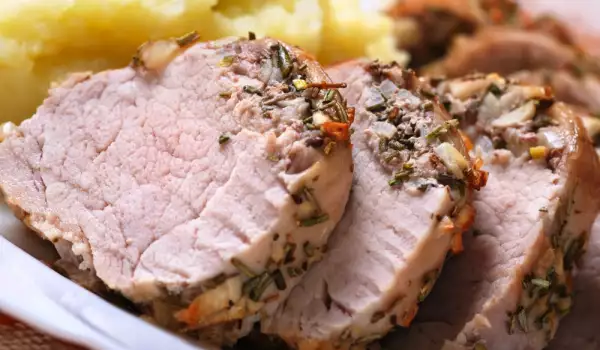
Larded pork
Necessary products: 800 g pork shank, 1 carrot, 1 onion, oil
Method of preparation: The meat is pierced with a sharp knife, by making many holes. Put slices of onion, carrot and garlic in them. The meat prepared in this way is fried on all sides in a pan with a small amount of oil.
Once well fried, place the meat in a clay pot with the fat from frying and continue to bake for another 40 minutes. Serve it sliced.
Note: Only meat, such as leg or shoulder, for example, is larded. If the meat is cut into portions, it is not larded, as it can be easily flavored without this procedure.
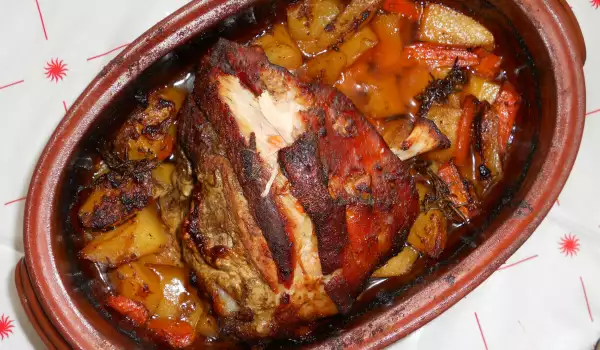
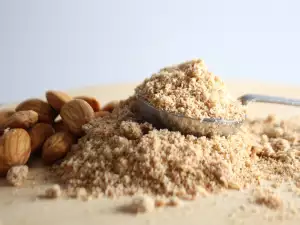
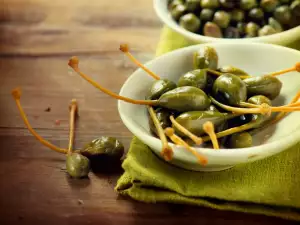



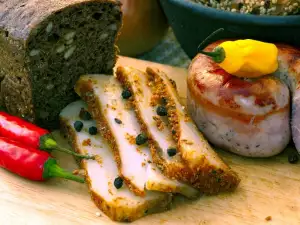
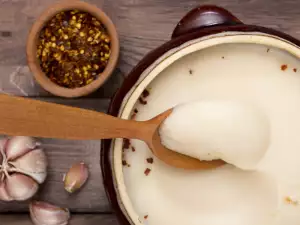
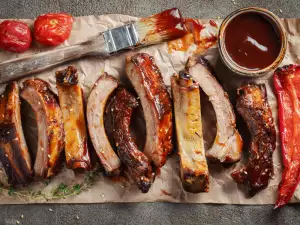

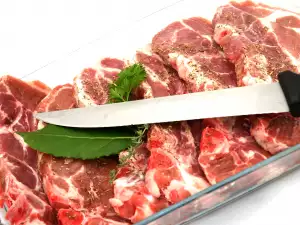


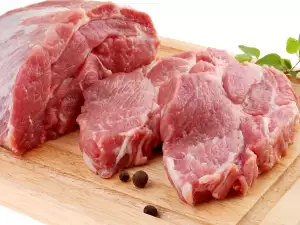
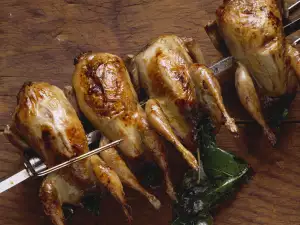
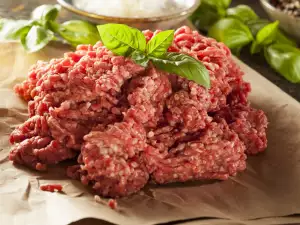




Comments